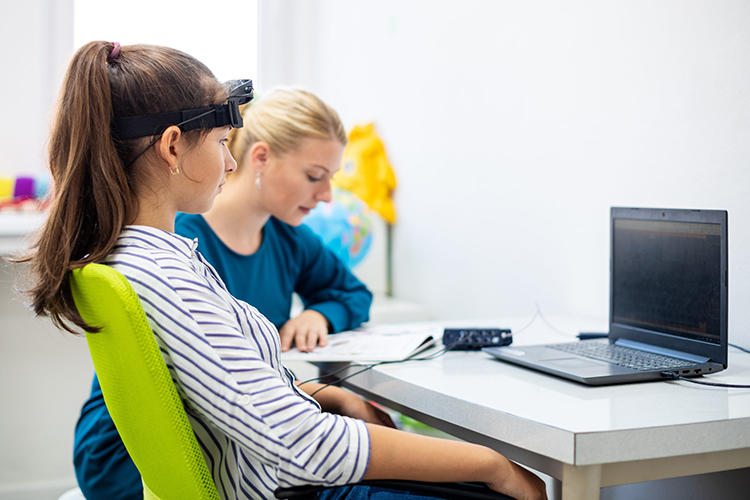ADHD in young women in addition to attention difficulty due to head trauma is a common phenomenon, but prescription medication is not the only treatment option. Based on the latest scientific findings in the field of neuroscience, Dr. Fotuhi has developed a tailored Attention Boosting Program for recovery from concussion and memory loss, as well as to improve attention and concentration. It is a proven attention difficulty treatment for young women and individuals of all ages.
Attention Deficit Disorder, with or without Hyperactivity, is often due to a combination of genetic and environmental factors. In many cases, a stressful environment, low levels of vitamins D or B, anemia, sleep issues, and poor diet can worsen ADHD symptoms. Young women with ADHD may be hesitant to go the medication route. Through NeuroGrow’s Attention Boosting Program, our patients can explore alternative treatment options.

As a part of our 12-week program, we establish a thorough list of modifiable factors that can help young women with ADHD improve their attention naturally. Our brain coaches make a list of such factors at the beginning of the program and help our patients make healthier choices every day. Neurofeedback treatment, in parallel with brain coaching, also helps them become calmer and more focused, making ADHD treatment without medication a viable option.
Each of our patients undergoes formal cognitive testing and qEEG at the beginning, at 6 weeks, and 12 weeks. We nearly always see remarkable improvements in the scores of our patients. This is in part due to the habit forming nature of our program. Young women with ADHD are often encouraged when they see objective improvements in their formal cognitive tests and qEEGs, along with the compliments they receive from their family and work colleagues, and as a result become more confident.
The Attention Boosting Program focuses on enhancing areas of your brain that are particularly important for attention, executive function, and impulse control – namely your frontal lobes. Dozens of neuroscience studies have shown that ADHD symptoms in women can be improved with non-pharmaceutical interventions such as exercise, brain training, specific supplements, and neurofeedback to improve your brain’s frontal lobe functions. Our patients reap the benefits of tailored coaching and neurofeedback, and the majority of our patients leave the program feeling calmer, more focused, and better able to handle the challenges of everyday life.


